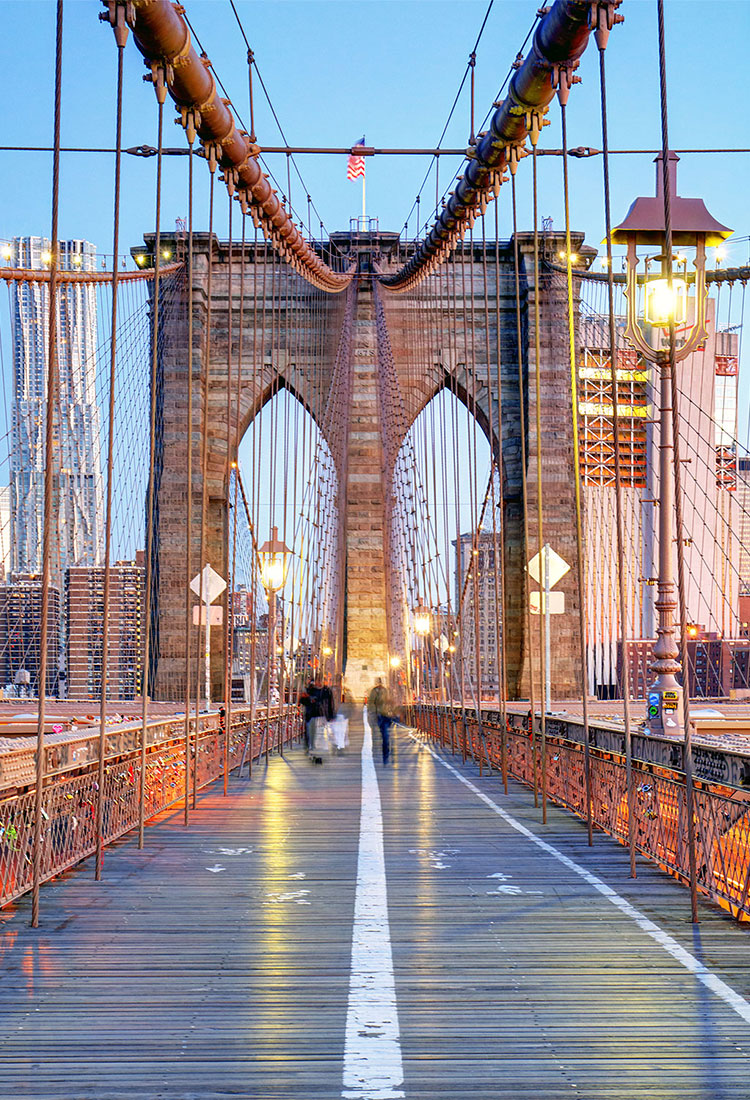Mount Rushmore, the Empire State Building, Disneyland — there are some American landmarks that are instantly recognizable to travelers across the globe. But despite how well-trodden these places are, there’s often more than meets the eye. Across the country, hundreds of hidden features lie inside popular U.S. landmarks that only the most dedicated visitors will uncover. Take a peek into the mysterious secrets of seven iconic tourist sites.
Hidden Chamber at Mount Rushmore
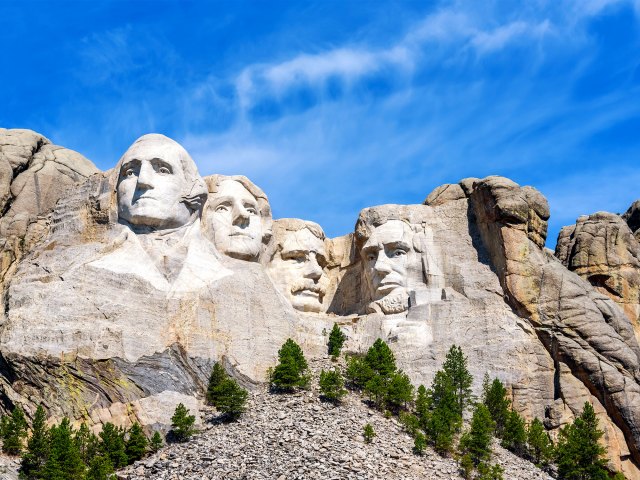
Right behind Abraham Lincoln’s head, the smooth, grey rock of Mount Rushmore in South Dakota is interrupted by a doorway. This 18-foot aperture was carved to create the “Hall of Records,” an unfinished portion of the sculpture that would pay homage to historical figures like Benjamin Franklin, the Wright Brothers, and Alexander Graham Bell. It was also supposed to celebrate events in American history such as the Louisiana Purchase and the creation of the Panama Canal.
Mount Rushmore’s designer, Gutzon Borglum, intended the chamber to serve as a shrine to the country’s history that could educate future generations on the founding and development of the early nation. Unfortunately, he ran out of funds and never got to finish this portion of the landmark. Even today, observant travelers can sneak a peek at its majestic unfinished entry.
Secret 103rd Floor of the Empire State Building
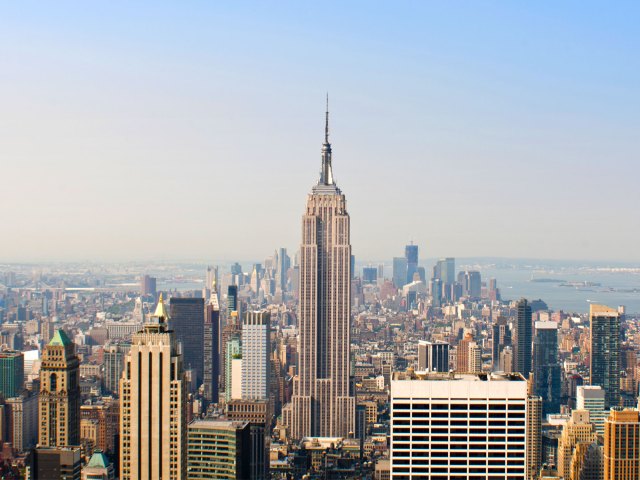
Many of New York City’s landmarks are riddled with rich history and mystery and the Empire State Building is no exception. Although the building is advertised as having 102 floors, that’s not quite the case. There’s actually another floor that was originally constructed for building maintenance. It now acts as an ultra-exclusive hotspot for the rich and famous.
Unlike floor 102, which features a wrap-around balcony and glass windows, floor 103 is ultra-thin with only a knee-high railing separating observers from the sky surrounding them. Inside the building, there’s a small room used for housing electrical equipment, but most celebrities just stay on the balcony and enjoy the adrenaline-inducing photo op.
Time Capsule at the Top of the Gateway Arch
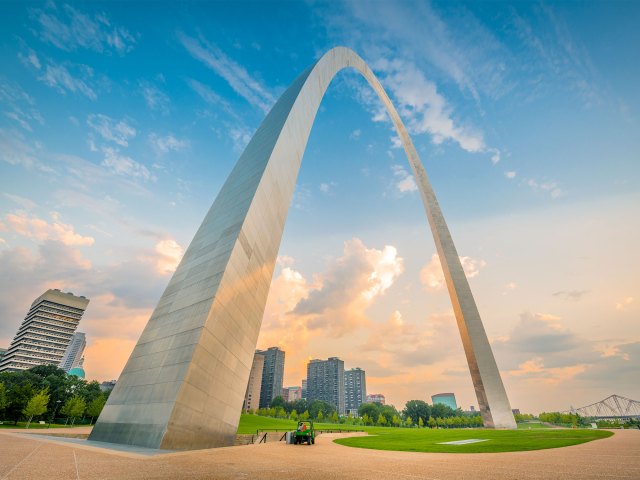
Most people visit the Gateway Arch to look at the city of St. Louis, but what most visitors don’t know is that the arch also provides a look back in time. Construction workers at the arch recently unearthed a time capsule at the top of the Gateway Arch. After examination, it was determined to be original from the time the monument was built. The most peculiar thing about this hidden gem, however, is what’s inside it. In lieu of relics or accounts of important historical events, the time capsule contains the signatures of 700,000 everyday citizens of St. Louis including schoolchildren.
Tennis Club at Grand Central Terminal
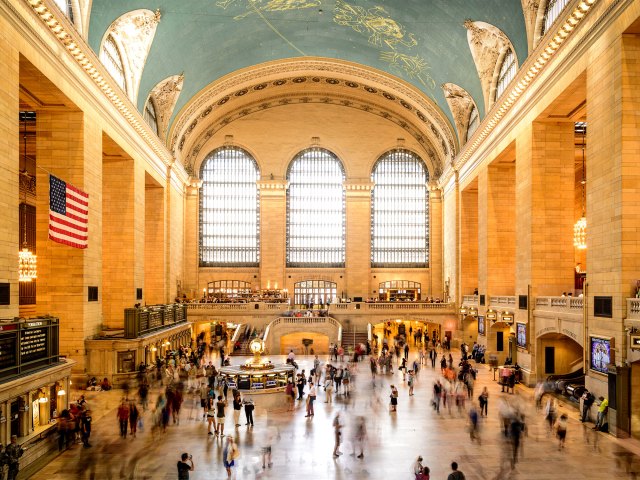
Roughly one million people pass through Grand Central Terminal every day, but almost nobody knows about the tennis club that lies above their heads. Founded in the 1960s by a wealthy Hungarian immigrant, the tennis club consisted of two simple clay courts and existed for the public to enjoy while waiting for their ride.
In 1984, however, Donald Trump purchased the space and redeveloped it into a luxurious locale for celebrities — charging upwards of $130 per hour to rent it out. The courts stayed under his control until 2009 when they were renovated and reopened to the public. Although it’s open, you’ll still need some luck in order to find it since most employees don’t even know it exists.
Cave Beneath the Lincoln Memorial
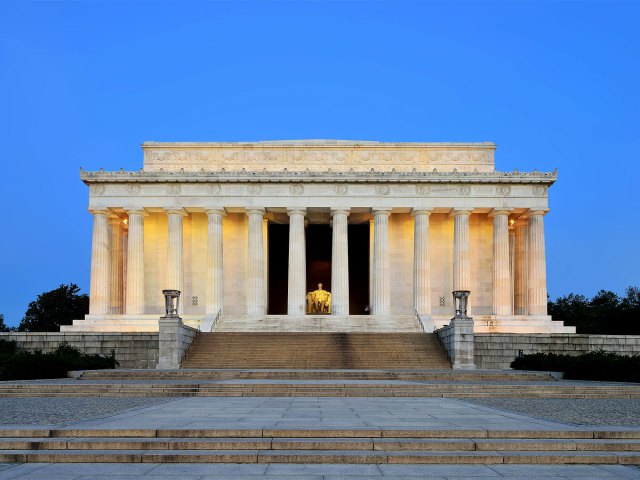
Most people who visit the Lincoln Memorial spend all of their investigative energy trying to find the famous typo carved into the walls. However, underneath the memorial, there’s an even better-hidden gem — a full cave complete with stalactites. Construction workers stumbled upon the cave in the 1970s when digging out an elevator shaft for disabled visitors.
Apart from the gorgeous nine-foot stalactite rock formations, the most fascinating part of the cave is the graffiti that adorns the 122 supporting columns. Visitors who embark on a cave tour can view these original World War I-era scribbles by an unidentified construction worker. They include caricatures of everyone from Woodrow Wilson to the monument’s construction foreman.
Wine Cellars Inside the Brooklyn Bridge
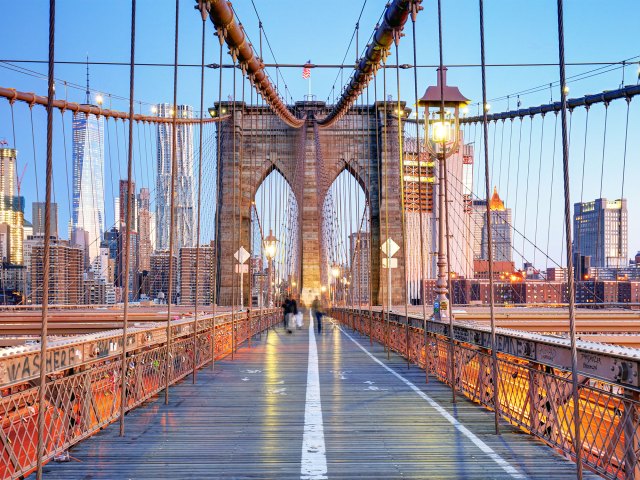
Bridge engineer Washington Roebling had some serious business smarts when he created the Brooklyn Bridge. When he first started construction, he faced two major problems: there wasn’t enough money in the city to pay for the full project and two local wineries refused to move their facilities out of the path of construction.
In a stroke of genius, Roebling killed both birds with one stone by incorporating two full wine cellars into the base of the bridge on each side. To help finance the bridge, he rented the cold, dark cellars out to local businesses who needed some extra storage and generated profit for the city until the Prohibition Era. Today, the city of New York has taken ownership of the cellars, stripping the caverns of their functionality and leaving them as a dry, empty reminder of Prohibition.
Secret Members-Only Club at Disneyland
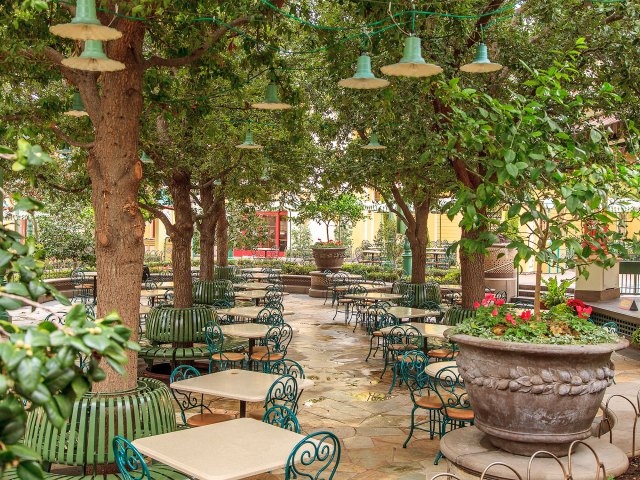
Club 33 is an inconspicuous little room at Disneyland in Anaheim, California, but the people who enter are anything but low-profile. This exclusive clubhouse boasts an invite-only guest list where members must pay anywhere from $25,000 to $100,000 to get initiated and $12,500 to $30,000 in annual membership dues after that. Even if you do have hundreds of thousands of dollars to fork over for this exclusive experience, the waitlist is six years long and spots rarely open up for new members. On top of that, the activities of the members are held in top-secret status within the park’s administration, which means you never quite know what you’re getting into when you sign up.
More from our network
Daily Passport is part of Inbox Studio, an email-first media company. *Indicates a third-party property.






